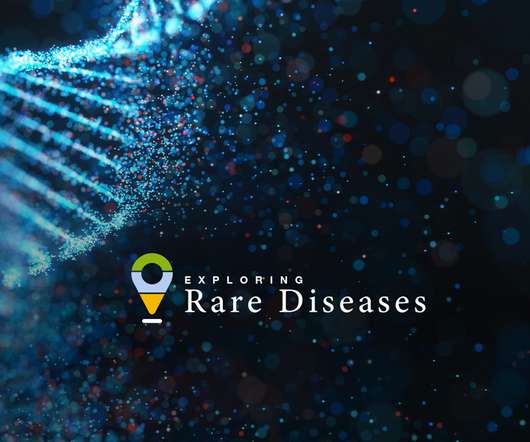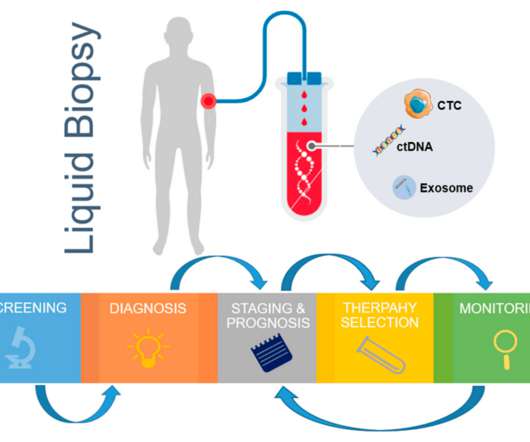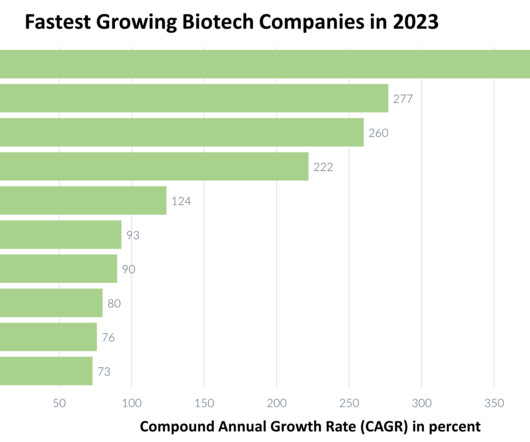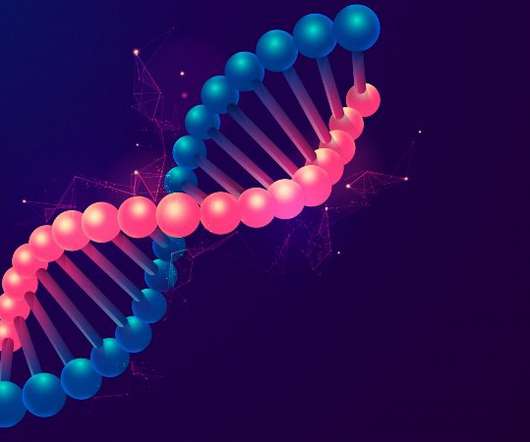Evotec Achieves Key Milestones in Its Collaboration with Bristol Myers Squibb On Targeted Protein Degradation
The Pharma Data
DECEMBER 16, 2020
Evotec and Bristol Myers Squibb (the successor in interest to Celgene ) initiated their long-term strategic drug discovery and development partnership in the field of targeted protein degradation in 2018 with the goal to identify novel drug targets. For additional information please go to www.evotec.com and follow us on Twitter @Evotec.














Let's personalize your content